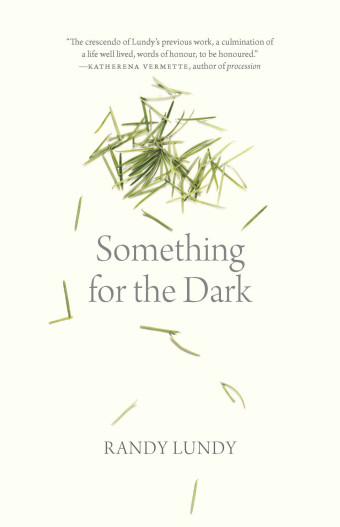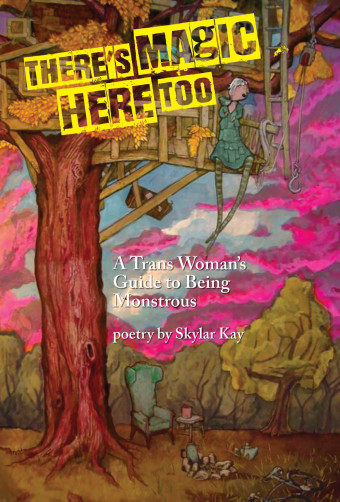A Beautiful Stone: Poems and Ululations, a new work of collaborative poetry by Lynda Monahan and Rod Thompson, has its roots in an old Japanese tradition.

- A Beautiful Stone
- Lynda Monahan, Rod Thompson
- Radiant Press
- $20.00 Paperback, 72 pages
- ISBN: 978-19-89274-20-0
“There is a long tradition of poets trading/exchanging tanka and haiku. Two or more people [write] a sequence of three lines, followed by two lines. The first three lines are the genesis of haiku. There were all kinds of rules over the years for length, subjects, et cetera. I think it is fair to say we have riffed off that tradition,” says Monahan, whose partnership with Thompson is the result of a long-standing writing relationship.
Monahan and Thompson belonged to the same poetry group for several years, during which time Thompson was writing tanka. Years later, Monahan thought to ask him if he would like to give collaborative writing a try. “After we had written together for a period of time,” says Monahan, “we realized that we had accumulated what amounted to a book-length manuscript of these collaborative poems.”
A Beautiful Stone includes various forms of collaborative poetry, such as tanka suites, three-line repetitions, and tapestry poems, and is divided into three sections: “Choice of Light,” “Loon and I,” and “Ululation.” The poems in “Loon and I” and “Ululation” have an interesting back-and-forth format. For “Loon and I,” the poets exchanged stanzas as they built the poems. In “Ululation,” the same technique was employed, but with an added refrain.

“What appealed to us about it is the contrast between the symmetry of the four lines and the tension of three lines, which is at the heart of haiku and tanka,” Monahan says.
Being a collaborative effort, the composing was a to-and-fro process until both of them were satisfied.
“Our process was to send topic suggestions or first lines or sometimes entire stanzas to each other by email. We collaborated on each poem, working jointly to make each individual poem as strong as possible,” says Monahan.
For the tapestry poems in the first section, they each composed a poem on a title chosen by one of them. The two poems were then exchanged and woven into one poem.
But, while these poems feature two writers, Monahan’s and Thompson’s voices blend seamlessly into one cohesive tone, making way for the larger themes of family, grief, ancestry, and love, amid images of wildlife, lakes, and forests, to emerge without obstruction.

“The themes we chose to write about have a great deal to do with thinking about where we come from, where we are going, the relationships that are formed in a lifetime,” Monahan says.
“We drew from our individual experiences to write specifically about those universal themes. The poems also often revolve around place – the lakes and forests of northern Saskatchewan play a significant role.”
“Ululation” means “a song of sorrow, joy, celebration, or reverence.” For Monahan and Thompson, these poems are that song.
“What we hope to convey in A Beautiful Stone,” Monahan says, “is the importance of knowing where we come from, our connection to the past, as well as the importance of living in the moment and enjoying being out in nature.”













